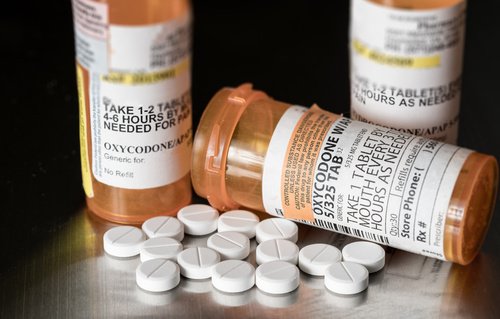All the recent talk about Amazon’s plans to become a wholesale pharmacy distributor seems to have been exactly that—just talk—as industry analysts have learned the online retailer has no intentions (currently) to start storing and shipping medications. Rather, they expect the company to use the pharmacy licenses it obtained in 12 states recently for medical devices and supplies. The investment firm Jefferies learned that Amazon went so far as to tell officials in Tennessee and …
Read More




